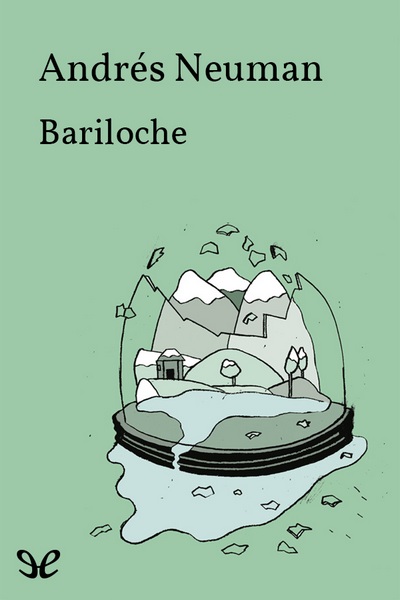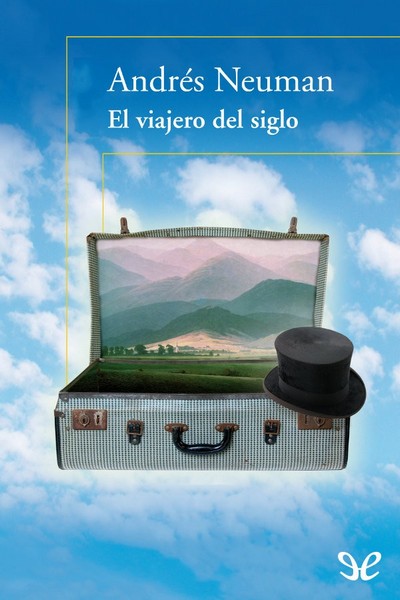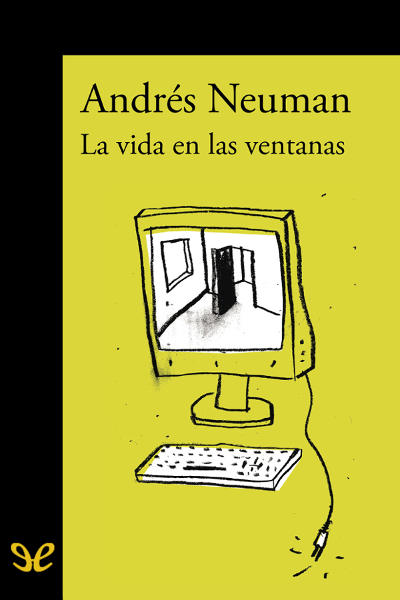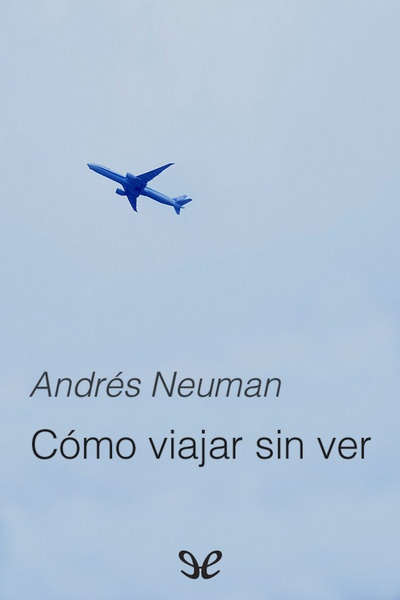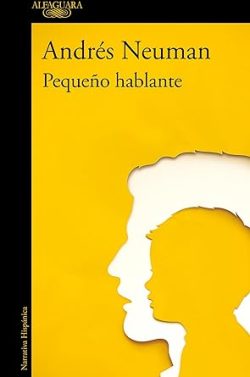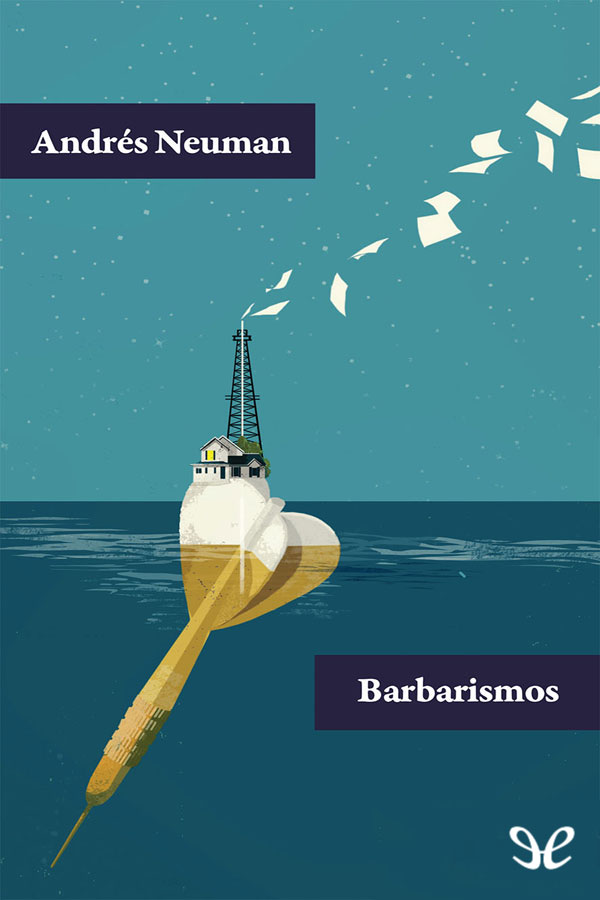oleebook.com
Frattura de Andrés Neuman
de Andrés Neuman - Género: Italian
Sinopsis
Il kintsugi è un'antica pratica giapponese che prevede l'utilizzo dell'oro - o di un altro metallo prezioso - per saldare i frammenti di un oggetto rotto. Grazie a queste pregiate riparazioni, l'oggetto rovinato diventa un'opera d'arte. Il kintsugi è la celebrazione delle cicatrici, l'elogio delle linee di frattura. Il signor Yoshie Watanabe è un uomo anziano, silenzioso, solitario. Anche lui, come un vaso rotto, porta i segni dei soprusi del tempo e della brutalità degli eventi. La sua vita prende una piega drammatica quando è solo un bambino. Sopravvissuto per una concatenazione di banali casualità all'esplosione della bomba atomica di Hiroshima prima, e scampato a quella di Nagasaki poi, Yoshie non ha più nessuno. Dei genitori, delle sorelle, del Giappone in cui ha vissuto fino a quel momento, non rimane altro che un cumulo di ricordi e macerie. Yoshie cresce a Tokyo con una coppia di zii, ma appena può lascia il paese e si trasferisce prima a Parigi, poi a New York, a Buenos Aires, a Madrid, complice l'assoluta dedizione a un lavoro che gli permette di viaggiare. A scortarlo in quel vagabondare irrequieto non c'è solo la trama di bruciature che gli percorrono la schiena e le braccia: tracce invisibili, ricordi in dissolvenza, una sofferenza senza nome sono il bagaglio più ingombrante di cui non può disfarsi. E così, dopo decenni passati a saldare e spezzare legami tanto intensi quanto effimeri, raggiunta la pensione, Yoshie torna a vivere a Tokyo, forse nella speranza di riconciliarsi con la sua identità. Ma nel 2011 il terremoto che precede l'esplosione di Fukushima lo costringerà a confrontarsi con i fantasmi del passato. A raccontare di Yoshie sono Violet, Lorrie, Mariela, Carmen, le donne che lo hanno amato, una per ogni città. Le loro versioni si somigliano appena, ma rivelano un'unica storia: quella di un uomo ferito, alla ricerca instancabile dell'oro che possa risanare tutte le fratture di una vita.
Descargar
Descargar Frattura ePub GratisLibros Recomendados - Relacionados
Reseñas Varias sobre este libro
La sublime narrativa de Neuman nos descubre el alma de Yoshie Watanabe, humano. Yoshie nació en Japón y es un sobreviviente de la atroz bomba de Hiroshima. Durante su larga vida, Yoshie ha sido amado intensamente, rechazado sin miramientos, ha aprendido y desaprendido, ha ignorado el frío y el calor, ha huído, regresado, ha dejado huellas en otros y lo han marcado para siempre. Hoy, anciano, deja adivinar la belleza de sus cicatrices, como en el kintsugi.
Desde el "Viajero del Siglo" que no leía nada de Neuman. Y, verdaderamente, fue un gusto.
"...Y me mostró sus cicatrices. Un fino entramado en sus antebrazos y su espalda. Como un ramaje interno. Parecía transportar un árbol. Luego él vio las mías. Las tocó. Las besó. Las bendijo. Nos sentimos livianos, un poco feos y muy bellos. Dos supervivientes".
60 s jeremy1,147 275
what the authorities fail to see, says the teacher, is that catastrophes spark revolutions that no one would otherwise attempt. we all want to return to normal, but i wonder if we can or if we should. since first encountering traveler of the century over eight years ago i've exuberantly proclaimed to all who would listen (and even many who wouldn't) the brilliance of andrés neuman's writing. the resplendent beauty of his prose, the thoughtful, reflective nature of his ideas, and the depth and vulnerability of his characters are but a few of the things that make neuman's work (both fiction and non) so remarkable. with each passing year, the resounding prognostication of late chilean author roberto bolaño rings ever more indelibly true: "the literature of the twenty-first century will belong to neuman and a few of his blood brothers." in comparing these histories he has become obsessed with the collective memory of disasters; the way that countries forget the pain they have suffered or caused, the way that all genocides end up resembling one another, plagiarizing one another, both here and in their antipode. he is amazed that what's ours can be found so far away. fracture (fractura), neuman's fifth book translated into english (and first novel since 2014's talking to ourselves), spans both decades and continents. the tale of yoshie watanabe, fracture has at its core 2011's devastating earthquake and subsequent fukushima nuclear disaster. neuman's protagonist, survivor of both the nagasaki and hiroshima bombings, is stranger to neither loss nor love. it's not that i miss him all of a sudden. i don't miss my youth either. if anything, i miss the circumstances of my life back then, or rather the lack of them. all that i could have been when i was still nobody. if i could travel back to those days, i would just stay perfectly still, filled with wonder, contemplating the brutal vastness of the future. that's the closest thing to happiness i can imagine. told almost entirely from the first-person perspectives of lovers past, fracture takes us from tokyo to paris to new york city to buenos aries to madrid and back to japan. through the memories and recollections of his previous partners, watanabe is slowly revealed, offering a quadrumvirate view of a singular and interconnected life. throughout the novel, neuman also explores the nature of disaster (in addition to nagasaki and hiroshima, also chernobyl and three mile island) and the legacy they leave on individual and shared consciousnesses.nobody had done anything wrong. or if they had, it was for the common good. no one was actually guilty. or rather, they were both the guilty party and the victim. justice was less important than forgiveness. so you went to your shrink, who told you to go easy on yourself. in other words, if you dug too deep, everyone might end up being implicated, starting with you. it was in your interest to cooperate a little.impressive in scope and touching in its telling, fracture is neuman's most mature outing to date. with each new release, the argentina-born, spain-based author showcases the breadth of his myriad literary talents (three novels, a short story collection, and a book of travel writing are now available in english). against the backdrop of catastrophe and a tumultuous half-century, neuman reckons with fragility and breakage, deftly employing the japanese art of kintsugi as metaphor for the ways in which we strive to put back together that which, at least at the onset, appears irreparably damaged. tenderly told, fracture is a masterful tale one perhaps all the more important in our own current shared moment of uncertainty, change, and loss.one should also remember the way in which one remembers.
*translated from the spanish by nick caistor (arlt, benedetti, cortázar, marsé, onetti, saramago, et al.) and lorenza garcia (lelord, redondo, pérez-reverte, japp, et al.)fiction translation48 s Lark BenobiAuthor 1 book2,639
Gorgeous prose but I was a little distracted by the artifice of the language. Which is contradictory,I know, but what I mean to say is that at times the beauty of the words overshadowed their meaning. An overpolished feeling kept me at arm's length, especially in the sections where first-person narrators recount past experiences with the central character. These first-person observations seemed excessively formal sometimes, and a little shallow at other times.
So I'm coming out of this read both disappointed and intrigued. I feel the need to keep looking for a fictional transformation of the Fukushima disaster that goes deeper. And I want to keep reading this author. What I d: The reflection on the two nuclear disasters that have shaped Japanese self-identity, and how these events might affect a sensitive man who had live through both. 2020 argentina male-identified-authors ...more29 s BookMonkey30 71
Rating: 2.5
Autor del comentario:
=================================
